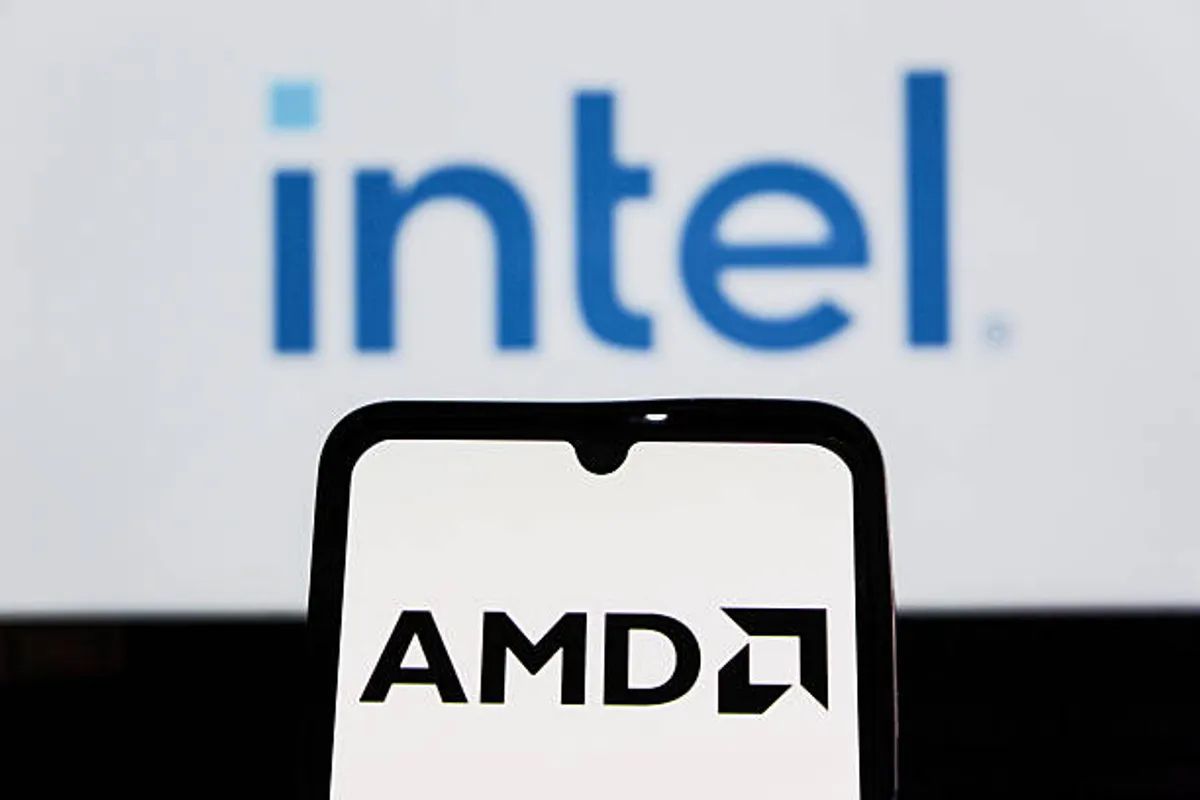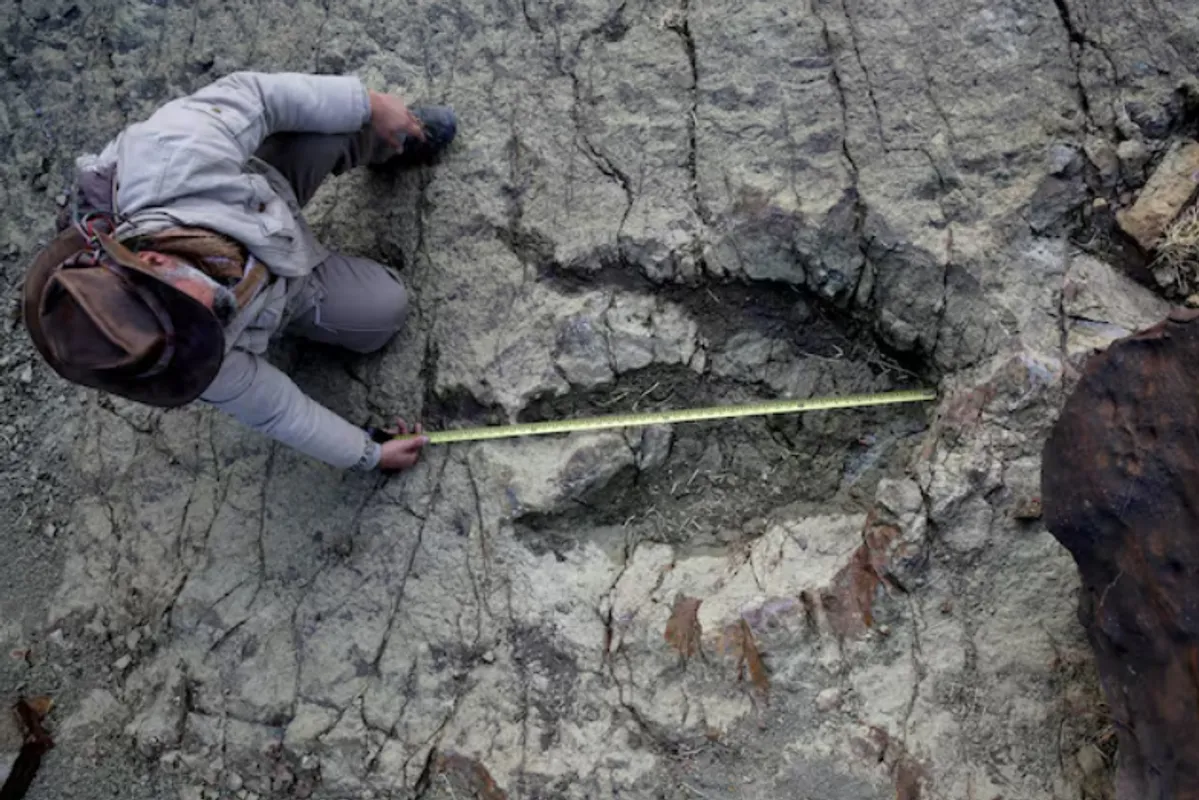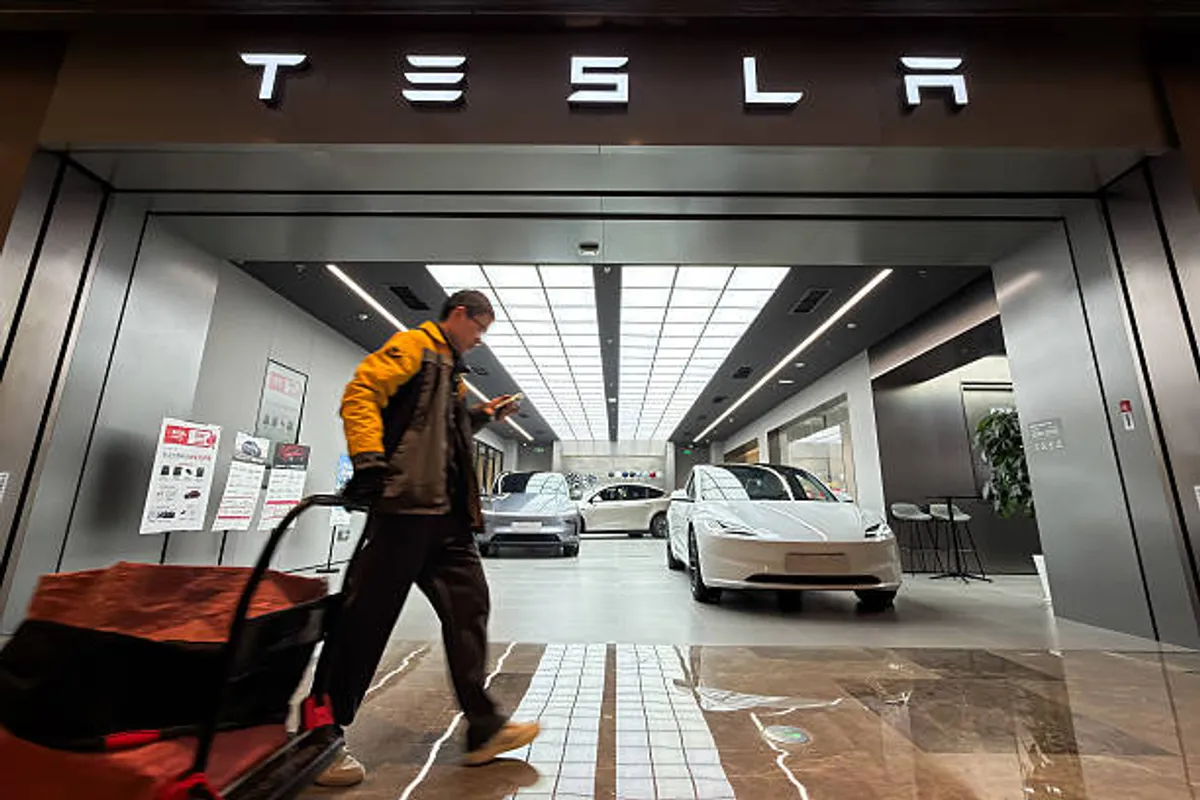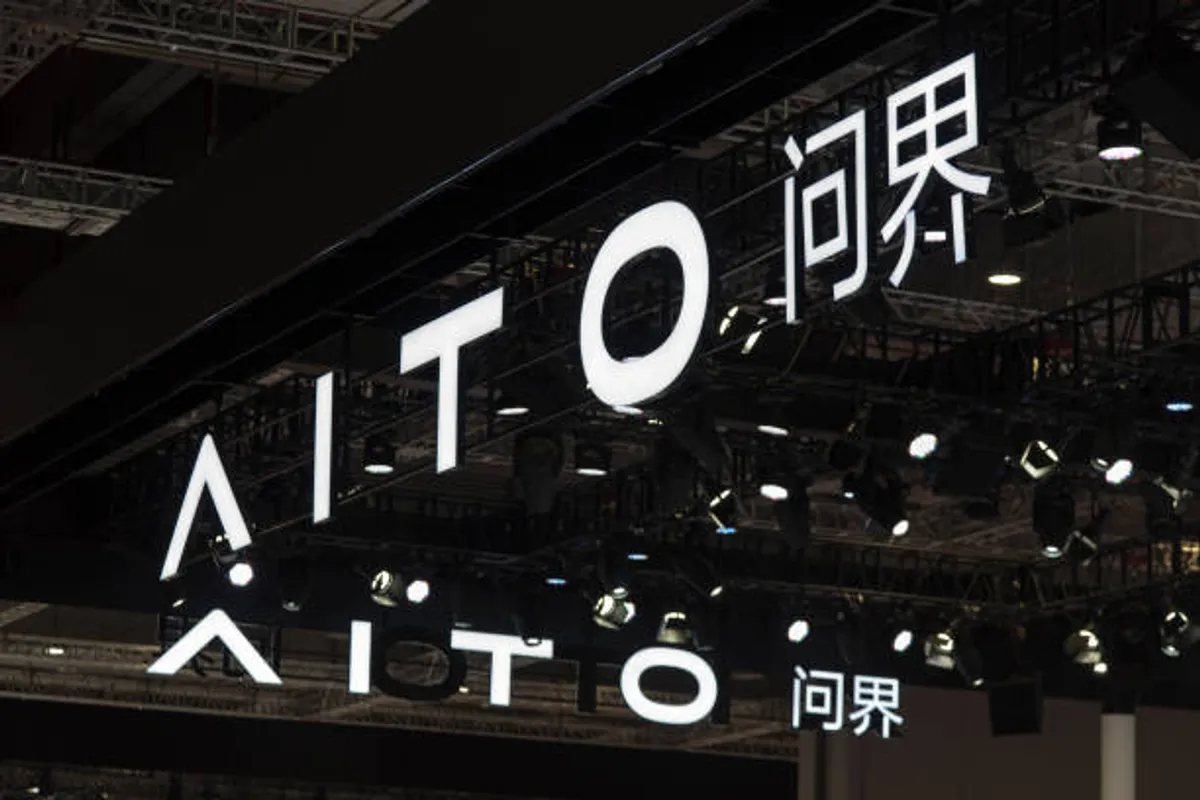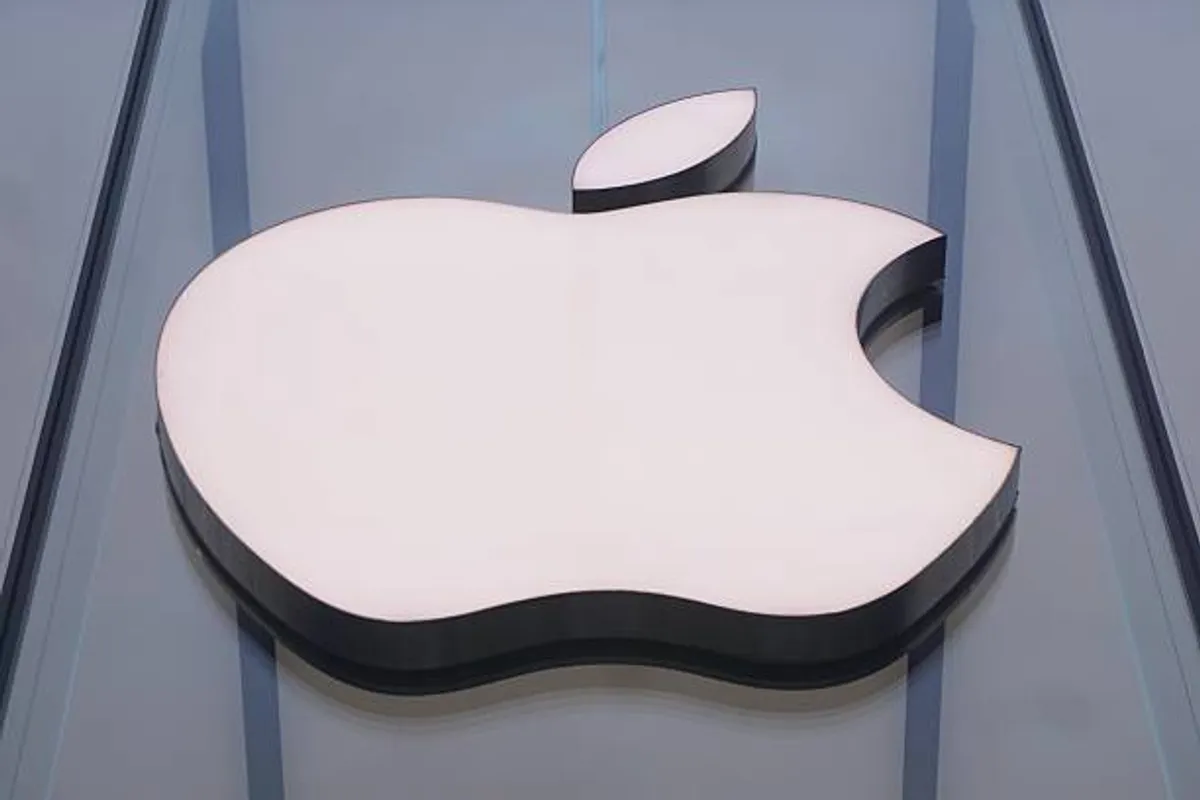DeepSeek Breaks Silence in First Public Appearance, Warns AI Could Replace Most Human Jobs

GeokHub
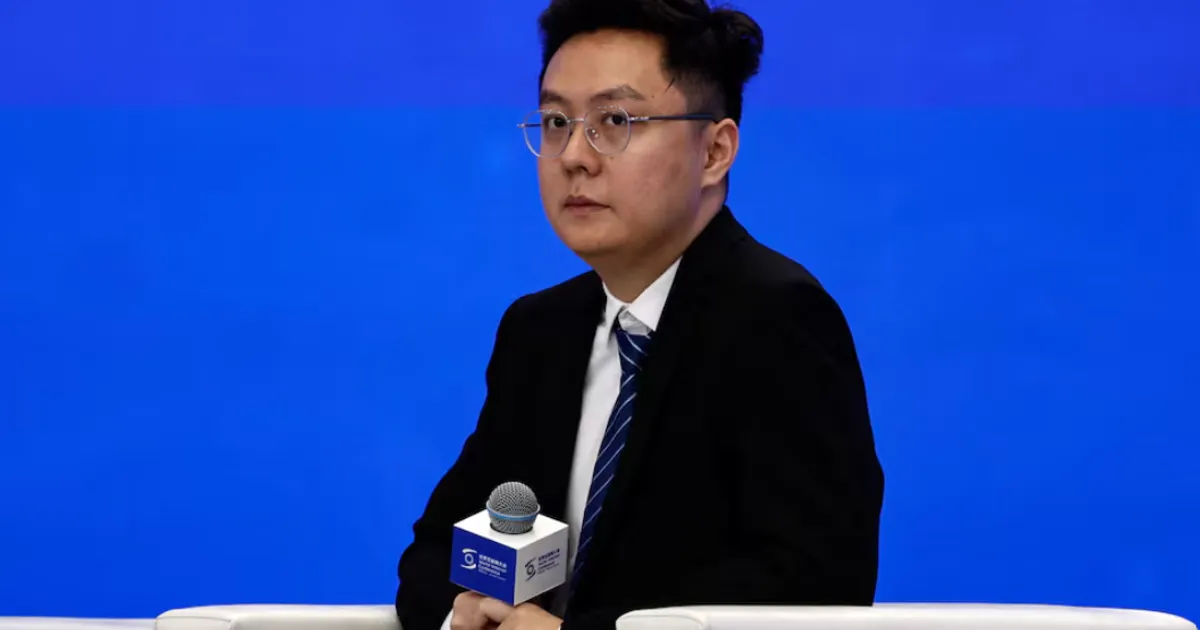
In a rare public appearance, the lead researcher of China’s fast-rising AI startup DeepSeek issued a stark warning about the long-term risks of artificial intelligence, saying the technology could one day replace nearly all forms of human work.
Speaking at the World Internet Conference in Wuzhen, DeepSeek researcher Chen Deli urged global tech firms to act as “defenders of society,” warning that while AI is rapidly transforming industries, it could also unleash major social disruption if left unchecked.
Chen cautioned that in the next five to ten years, AI systems could displace a vast number of workers and, within two decades, begin to “take over the rest of the work humans perform.” His comments drew attention across China’s tech community, marking a shift in tone for a company known more for innovation than caution.
DeepSeek, which gained international recognition earlier this year for developing a highly efficient, low-cost AI model, has largely stayed out of the spotlight until now. The company’s sudden emergence as a key player in China’s AI race has fueled both admiration and scrutiny — and Chen’s latest remarks suggest the firm is increasingly aware of the ethical and social responsibilities that come with such power.
Analysis & Impact:
DeepSeek’s public stance underscores a broader reckoning within the AI industry. As companies push boundaries in machine learning, they are being forced to confront questions of economic inequality, employment disruption, and ethical accountability.
China’s growing dominance in AI research has also raised global competitiveness concerns. By acknowledging AI’s potential harm, DeepSeek’s warning may signal a new wave of transparency and caution from China’s private tech sector — even as the country accelerates efforts to close the gap with U.S. AI leaders.
For investors and policymakers, the message is clear: the AI revolution’s biggest challenge may no longer be technological progress, but managing its impact on human society.

